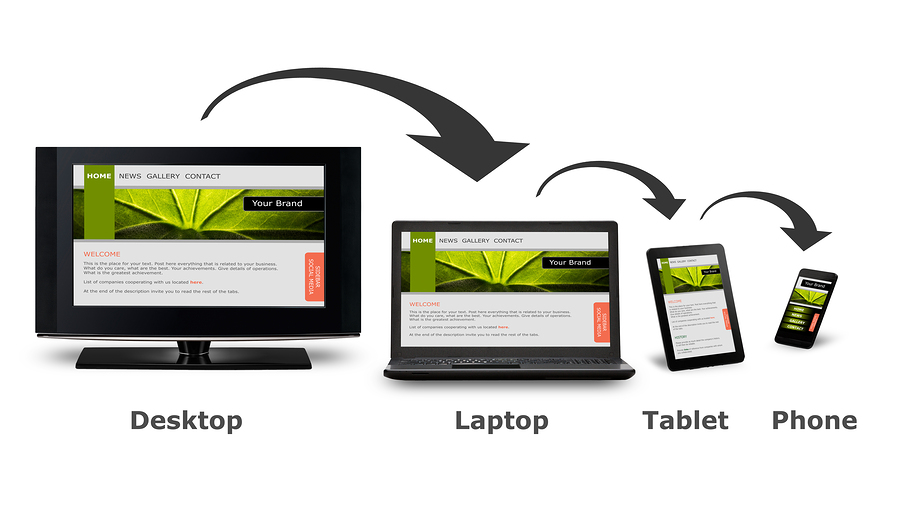Lately, I have read a number of articles and had a number of conversations addressing the importance or unimportance of author websites. Since social media sites are supposed to be the magic marketing-potion for every author, stodgy old websites seem to be the domain only of out-of-touch sluggards.
You probably have an inkling where I stand on the issue.
Should an author have a website? Yes.
If you are serious about being an author, you need to treat your status like a business and businesses need websites. They communicate who you are, where you are, what you offer, what you stand for and how to get connected.
Every reader does not use Facebook, check Twitter every hour or obsess over Instagram.
Websites answer questions about the author quickly. No digging, no searching multiple locations, the answers are all in one place. Websites are home base.
What kind of books do you write?
Why do you write?
What is your unique approach to your work?
Where are you speaking?
How can I get in touch with you?
What literary agent do you have?
Who do you know and respect?
Links to your books, your social media, your endorsers
Unique content for web-browsers
I can understand why some would suggest websites are unnecessary. They represent the old way, and old ways are boring. But the old way has not been replaced, it has only been supplemented.
Mostly, I think websites are de-prioritized because they are time consuming and sometimes expensive to manage. There’s a URL to pay for, hosting fees and updates.
The constant updates.
It’s enough to drive you crazy.
All the reasons for eliminating websites from the author communication-mix focus on everything other than the most important element in book publishing…the reader.
You don’t do a website for you, you do it for readers. Sure it is inconvenient and time-consuming. Successful businesses or organizations all do things they would rather not except they know that it isn’t about them…it’s about what is good for their constituency.
You are the customer service representative for your work and often it is messy and complicated to deliver great customer service. A customer-centric approach begins with the overall attitude, “It’s not about me.”
Every organization or business (authors are small businesses) has a life cycle that repeats itself over and over again.
- The thrill of doing good work
- The drill of doing the same thing over and over
- Focus inward to make life easier
- The decline of the work
- Revelation to change to outward focus toward customer or audience
- The thrill returns
- The drill of doing the same thing over and over
- Focus inward to make life easier
Not having a website is the result of #3 (and #’s 8, 13, 18, 23, etc) as the inward focus leads to less work for you, but leads to #4, decline of your work.
If you think of an author as a small business, you can identify what stage you are in and shorten the time spent on the negative stages, cycling back to the thrilling part when you are doing the right things for the right reasons and thinking about the reader first.


